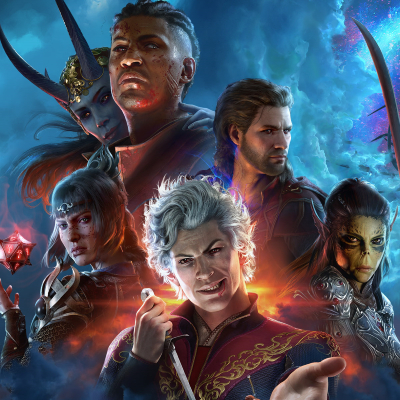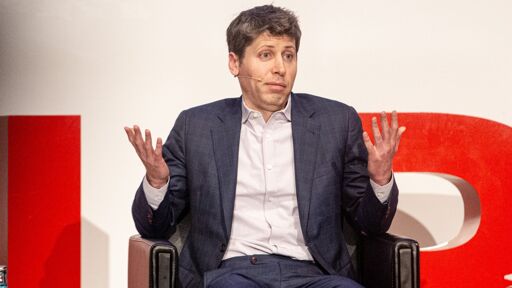Less than a week after OpenAI launched its Sora 2 AI video generation model on September 30, it’s already backtracking to change its policy around copyrighted content, as reported by the Wall Street Journal.
In a blog post published on October 3, Sam Altman responded to a wave of copyright concerns surrounding Sora 2 and announced that OpenAI is updating its policy for copyrighted content to make it opt-in, meaning Sora will refuse prompts containing copyrighted material unless the copyright holder specifically gives OpenAI permission to use it.
Altman stated in the blog post: “We will give rightsholders more granular control over generation of characters, similar to the opt-in model for likeness but with additional controls. We are hearing from a lot of rightsholders who are very excited for this new kind of ‘interactive fan fiction’ and think this new kind of engagement will accrue a lot of value to them, but want the ability to specify how their characters can be used (including not at all).”
“In particular, we’d like to acknowledge the remarkable creative output of Japan—we are struck by how deep the connection between users and Japanese content is!”
This statement and the policy change come after a plethora of Sora-generated videos were posted online last week containing characters from Japanese game and anime studios, including IP from Nintendo, Pokémon, One Piece, Demon Slayer, Studio Ghibli, and others. One such video sums up the entire situation: an AI-generated, photo-realistic, 10-second clip of Sam Altman surrounded by a pack of Pokémon while saying, “I hope Nintendo doesn’t sue us.”
This video is just one of many examples, but you’ll have a much harder time finding Sora-generated videos containing Marvel or Disney characters. As reported by Automaton, Sora appears to be refusing prompts containing references to American IP, but Japanese IP didn’t seem to be getting the same treatment over the past week.
Japanese lawyer and House of Representatives member Akihisa Shiozaki called for action to protect creatives in a post on X (formerly Twitter), which has been translated by Automaton: “I’ve tried out [Sora 2] myself, but I felt that it poses a serious legal and political problem. We need to take immediate action if we want to protect leading Japanese creators and the domestic content industry, and help them further develop. (I wonder why Disney and Marvel characters can’t be displayed).”
Ahead of Sora 2’s launch, the Wall Street Journal reported OpenAI’s initial opt-out policy for copyright holders, which required creators to specifically tell OpenAI if they didn’t want their characters or work to be used in Sora. This means that if a copyright holder didn’t opt-out, it was assumed their content was allowed in Sora prompts.
In contrast, real people such as celebrities and other public figures were opt-in by default, meaning OpenAI will not allow users to create videos of them without their permission. The threat of copyright infringement lawsuits stemming from that policy difference is likely why OpenAI changed its tune this weekend.

2025 games: This year’s upcoming releasesBest PC games: Our all-time favoritesFree PC games: Freebie festBest FPS games: Finest gunplayBest RPGs: Grand adventuresBest co-op games: Better together
From PCGamer latest via this RSS feed


